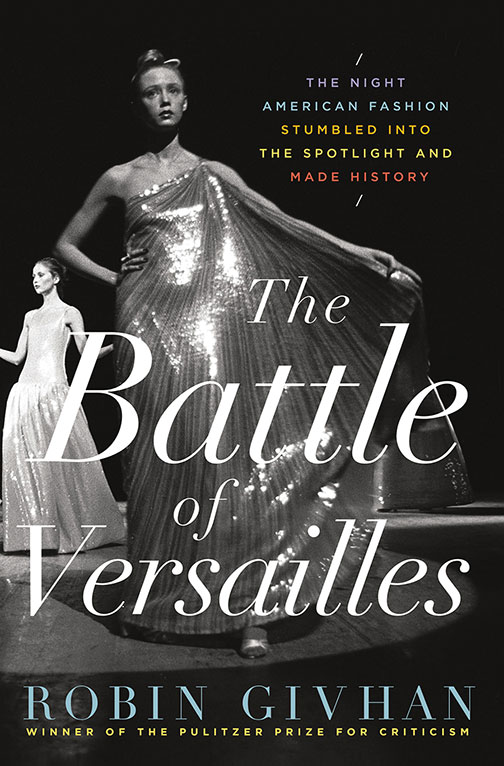In 2006, Robin Givhan ’86 made history when she became the first fashion critic to win a Pulitzer Prize. As a staff writer at The Washington Post, she covers the rarified world of style for a broad audience. Her new book, The Battle of Versailles: The Night American Fashion Stumbled into the Spotlight and Made History, examines a moment in 1973 when the creative designs and spectacular runway performances of five American designers helped establish American fashion as a force on the international stage.
Why is writing about fashion important?
My job is to show what fashion can achieve. Often, people see fashion in a frivolous light — just red-carpet gowns and reality television. But fashion is also political, and there have been moments when fashion designers and models have decided that they wanted to be important players in issues like race relations.
How has fashion been involved in racial issues?
In the 1970s, the fashion world was seen as a place of racial progress. The country had just come through the turbulent 1960s. In that aftermath, there was a real commitment to incorporating black Americans into nonpolitical aspects of life, including fashion. It was important who was selling shampoo in a magazine or on television. The thought was: If we can highlight the value and beauty of black models, it will change the way we value people in general. There was this sense that fashion had the capacity to make things better, that it was a crucial part of the conversation about national identity.
What was significant about the 1973 fashion show at the Palace of Versailles outside Paris?
The American designers were democratizing fashion. Anne Klein popularized the idea of separates, which meant that you could buy the skirt and the jacket and the blouse separately. More women had access to well-designed, well-made clothes. And Versailles also established the idea of fashion as spectacle. The show incorporated music and Broadway-style choreography, which seemed really innovative to the French.
What about Princeton fashion?
I still have my beer jacket hanging in my closet! I love Princeton Reunions jackets because they are all about memories and that, to me, is what clothing is all about. It immediately takes you to a place that you remember fondly.
What she’s reading: All the Light We Cannot See, by Anthony Doerr. “I love to read novels in my free time, and this is a mesmerizing account of two children who are being transformed by World War II.”
Interview conducted and condensed by Amelia Thomson-DeVeaux ’11














No responses yet